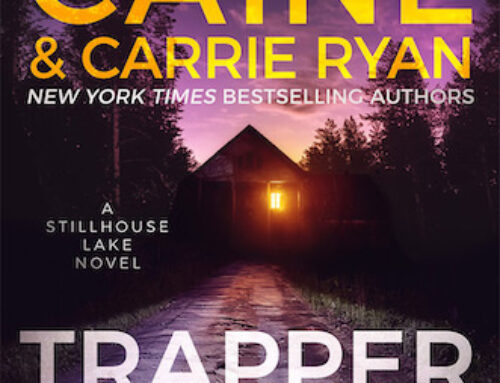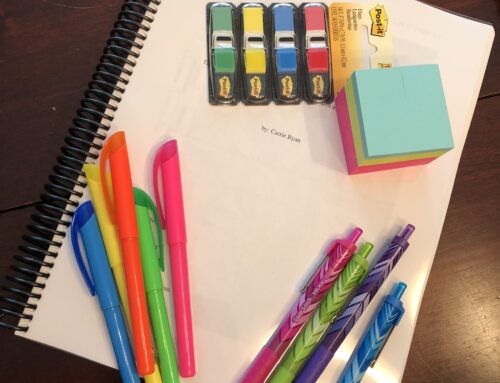There’s the age old advice to write what you know. I’m sure all of y’all are familiar with that. Many people have commented on that advice – some accepting it, some rejecting it. Along those lines I’ve also been told that when writing a query letter it can be helpful to put down (somewhere towards the end) any special experience you bring to the table that’s apropos of your writing. This can be writing credits or it can be as simple as having some sort of specialty in the subject of your writing. For example, if I were writing a legal thriller I might put in my query letter that I’m an attorney, etc. You get the point.
That’s why I was somewhat surprised to read the following on The Knight Agency website under their submissions guidelines:
The suggested one-page length leaves no room for the digressions that bedevil many of the query letters we see. If it’s not directly relevant to the project under discussion, leave it out. Mentioning that a work of fiction is “based on a true story” or “based on my experience” actually hurts, rather than helps, one’s case: all fiction is based in fact to some degree, and by emphasizing one’s experience as a key element, one inadvertently suggests an inability to produce other works of fiction.
Now, for those of you who don’t know, Deidre Knight is a very respected agent who appears to be very very good at what she does (and she’s a romance author herself!). For me, that’s enough that when she gives advice, I sit up and listen (but that doesn’t mean that I follow it blindly – that’s never a good idea no matter who is giving the advice!).
Based on what I said at the beginning of this entry about how it’s generally advisory to point out that you have some experience in what you’re writing about (if you have it, it’s not like you can’t write about something you have no experience in) I found Deidre Knight’s advice intriguing. There are plenty of people who have posited that some writers – especially young ones – have one good book in them based on experience and then the well runs dry. I can easily see how that’s true (more on that to be posted later). And it seems to me that this is what Deidre Knight is getting at with this advice.
But the first time I read it I got chills and thought, “uh-oh” because my WIP – while not based on a true story at all – is very firmly rooted in experiences I have had, in worlds I’ve lived in. To me this was one of the strengths of my proposal, that I HAVE lived that life and that I kinda know what I’m talking about. Would I be shooting myself in the foot by mentioning that? I’m not really looking for specific advice here (especially because I know I’ll end up mentioning the experiences) but I find it a generally interesting question.
In the end I think that the thing about advice is that sometimes you heed it and sometimes you don’t. Sometimes you get conflicting advice and you choose to go with your gut. I’m one of those who reallly advocates not getting too terribly bent out of shape about query letters (I’m not sure spending 3 months drafting them is the best idea…but some do advocate it). Of course I say this now before I’ve had to draft one for my current WIP.
I guess that’s the thing about advice. As a writer I crave it, I like to know the path of others and what they have learned. But it can get tricky because every path is different and I think that there are writers who spend so much time trying to take the contradictory advice of others that they’ve stopped thinking for themselves. Boy, isn’t that a topic for another day!
I’m curious, anyone else have thoughts on writerly advice? Do you really think that we young folk have fewer stories and is it really a bad idea to write based on life experiences (and to mention those experiences in your query letter)?





My personal opinion? I don’t think age/experience matters all that much. I write a little bit of everything (mystery, science fiction/fantasy, etc. all with a touch of romance), but I can’t say I’ve actually experienced any of it. I just have a good imagination and I know how to do research. 🙂
I really enjoyed reading this post as I think it’s a relevant topic to all of us. The most important thing to remember is that we are going to hear a lot of advice, but we will eventually have to filter it through our common sense and unique situations. While I don’t think it’s a good idea to try to sell your novel based on your life experiences, that might work for some people. I am focusing on being the best writer I can possibly be and let that speak for me. I believe that will be the way I will attain success and I know Miss Snark agrees. 🙂